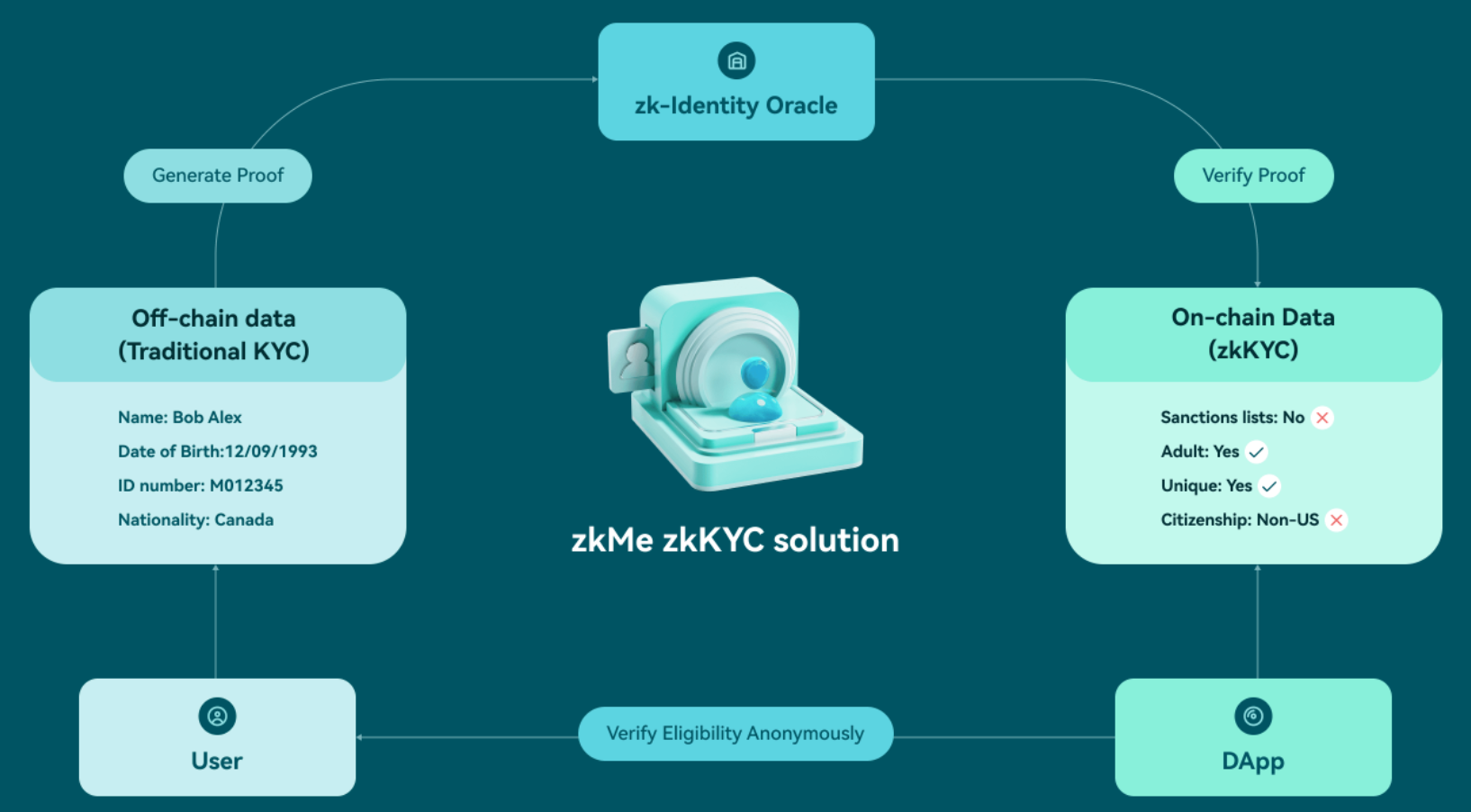A Catalyst for Regulatory Discussions
According to publicly available reports and related information, a leading crypto exchange has recently attracted attention from EU entities due to its DeFi services. Allegations suggest that certain hacker groups may have exploited this platform’s DEX aggregator services to launder a significant amount of crypto assets linked to a previous hacking incident. Reports indicate that some of the funds were moved through the platform’s DEX aggregator services, raising concerns about traceability.
EU regulators have initiated a review to assess whether the services provided by this well-known centralized exchange fall under the scope of the Markets in Crypto-Assets Regulation (MiCA) and whether the platform bears any accountability. Reports suggest that regulators in certain EU member states believe aspects of the platform’s services may need to be brought under MiCA’s regulatory framework. However, the platform has publicly denied any ongoing investigation into its activities.
This situation underscores the potential risks decentralized platforms face in terms of compliance and security. It also highlights the increasing scrutiny regulators are placing on emerging technologies and the decentralized finance (DeFi) ecosystem.
Against this backdrop, it is clear that incidents like this could impact trust and compliance within the DeFi ecosystem under the current regulatory landscape. This is where zkKYC (Zero-Knowledge Know Your Customer) solutions can prove indispensable—A groundbreaking approach that can help DEX aggregators meet MiCA's identity verification requirements while preserving user privacy and maintaining the decentralized ethos of DeFi.
Understanding MiCA and Its Implications for DEX Aggregators
MiCA, set to take full effect in 2024, is the EU's comprehensive regulatory framework for crypto-assets. It aims to harmonize crypto regulations across member states, ensuring consumer protection, market integrity, and financial stability. Among its key provisions are stringent KYC (Know Your Customer) and AML (Anti-Money Laundering) requirements, which mandate that crypto service providers verify the identities of their users and monitor transactions for suspicious activity.
The Role of zkKYC in Bridging Compliance and Privacy
zkKYC is a privacy-preserving identity verification solution that leverages zero-knowledge proofs (ZKPs), a cryptographic technique that allows one party to prove the validity of a statement without revealing the underlying data. In the context of KYC, zkKYC enables users to prove that they have undergone identity verification with a trusted third party (e.g., a regulated KYC provider) without disclosing their personal information to the platform they are interacting with.

Here’s how zkKYC works in practice:
- User Verification: A user undergoes KYC verification with a trusted provider, which issues a cryptographic attestation (a digital proof) confirming their identity and compliance status.
- Zero-Knowledge Proof Generation: The user generates a ZKP based on this attestation, proving that they are compliant without revealing any sensitive data.
- On-Chain Verification: The DEX aggregator or smart contract verifies the ZKP, ensuring that the user meets MiCA requirements without accessing their personal information.
How zkKYC Helps DEX Aggregators Fulfill MiCA Requirements
With the implementation of the European Union's stringent Markets in Crypto-Assets (MiCA) regulation, many Web3 projects face potential challenges in meeting the KYC (Know Your Customer) requirements. The regulation necessitates robust measures for consumer protection and anti-money laundering (AML), potentially complicating compliance efforts for these projects.
- Enhancing Privacy with Zero-Knowledge Proofs (ZKPs): zkMe leverages ZKPs to allow users to verify their identity or other regulatory-required attributes without revealing any underlying personal data. This method aligns with the web3 ethos of decentralization and user sovereignty, providing a privacy-preserving mechanism that doesn't compromise on compliance. For instance, a user can prove that they are of legal age or reside in a permissible jurisdiction without disclosing their exact date of birth or home address.
- Balancing Regulatory Requirements with User Privacy: MiCA's focus on consumer protection and anti-money laundering (AML) necessitates robust KYC procedures. zkMe's zero-knowledge approach meets these requirements by enabling users to demonstrate compliance with KYC/AML criteria without exposing their personal information. This satisfies regulatory demands for customer due diligence while upholding the individual's right to privacy.
- Facilitating Data Recoverability and Portability: In a zero-knowledge system like zkMe, users retain control over their data, which they can recover or migrate as needed. This feature is particularly beneficial under MiCA, as it ensures that users are not locked into a single service provider and can maintain their compliance status across different platforms. This fluidity enhances user experience and trust, as individuals can seamlessly interact with multiple services without repeatedly undergoing KYC checks.
To discover how your platform can benefit from zkMe's solution while MiCA compliance, explore our documentation at docs.zk.me or contact us for a personalized consultation at contact@zk.me.
About zkMe
zkMe builds zk Identity Oracles for truly decentralized & anonymous cross-chain credential verifications.
No personal information is ever processed by anyone but the user themselves. Data leaks & misuse by the service provider are impossible; full interoperability & reusability result in a superior ID solution. zkMe is the only FATF compliant KYC provider to be fully decentralized, offering a full suite of products from anti-bot/anti-sybil, to KYC and more.
For more information, follow the links below:






